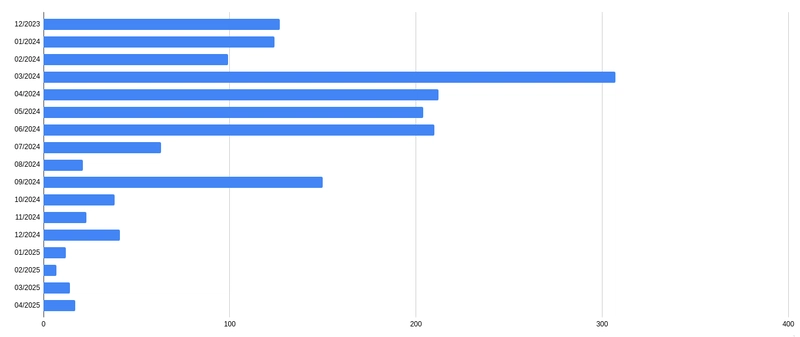Data is your startup's most valuable asset—so why risk exposing it? In a world where cyber threats are on the rise and privacy concerns are at an all-time high, safeguarding your digital footprint is no longer optional. Proxies aren’t just a tool; they’re your first line of defense in securing data and boosting performance.
What Is a Proxy and Why Should Startups Care
Think of a proxy as a digital shield. It acts as an intermediary between your device and the internet. It’s like sending a decoy in your place, so your real identity stays hidden. But that’s just the start. Proxies offer more than just anonymity—they improve security, speed up your online operations, and allow you to mask your location. For a startup, that’s a game-changer.
Let’s break it down further. Proxies help you control your online presence, reduce risks, and keep your data secure. The question isn’t whether you need one, but rather: how do you choose the right one?
Which Proxy Should You Choose
Not all proxies are made equal, and choosing the wrong one can cost you. Here’s a quick guide to the four most common types of proxies and their best uses:
Residential Proxy: These proxies use IPs from home ISPs, making them harder to detect. Websites can’t easily tell you’re using a proxy—perfect for tasks like web scraping or browsing content with geographical restrictions. They’re more secure, but typically slower.
ISP Proxy: If you need speed, ISP proxies are the way to go. They’re faster than residential proxies and more reliable for heavy-duty tasks like bulk data collection. Need to scrape large volumes of data? ISP proxies will serve you well.
Datacenter Proxy: These are fast and affordable, but not as stealthy. They’re great for non-sensitive tasks like data collection, but they’re easier to spot and block. Still, if speed is your top priority, datacenter proxies are a solid choice.
Mobile Proxy: Powered by mobile data, these proxies can simulate real-user behavior better than the others. If your business needs to test mobile ads or collect location-specific data, this is your best bet. They’re harder to track but often come at a premium.
Understanding which proxy fits your needs is crucial. The right one can protect your data, enhance your workflow, and keep your startup ahead of the competition.
Maximizing the Benefits of Proxies for Your Startup
Proxies can do a lot more than just keep your IP address under wraps. If you’re a startup looking to scale or secure your operations, here are some best practices to follow:
Clarify Your Needs First: Proxies aren’t one-size-fits-all. What’s your goal? Are you focused on security, speed, or data collection? The answers to these questions will guide you toward the right type of proxy.
Pick a Reputable Provider: Don’t skimp on your proxy provider. Look for a service that’s known for reliability, customer support, and robust security features. The wrong provider can lead to downtime, security breaches, and frustration.
Stack Your Security: Proxies add a layer of security, but they shouldn’t be your only defense. Keep firewalls up to date, run regular antivirus scans, and educate your team on safe data practices. A multi-layered approach is the best way to prevent cyber threats.
Proxies in data privacy aren’t just for protecting data—they can make your business faster, more efficient, and safer. With the right strategy, they can help your startup operate with confidence in a world that’s anything but predictable.
The digital landscape is constantly evolving, and startups need to stay ahead of the curve. Don’t wait for a breach to highlight the importance of privacy.
